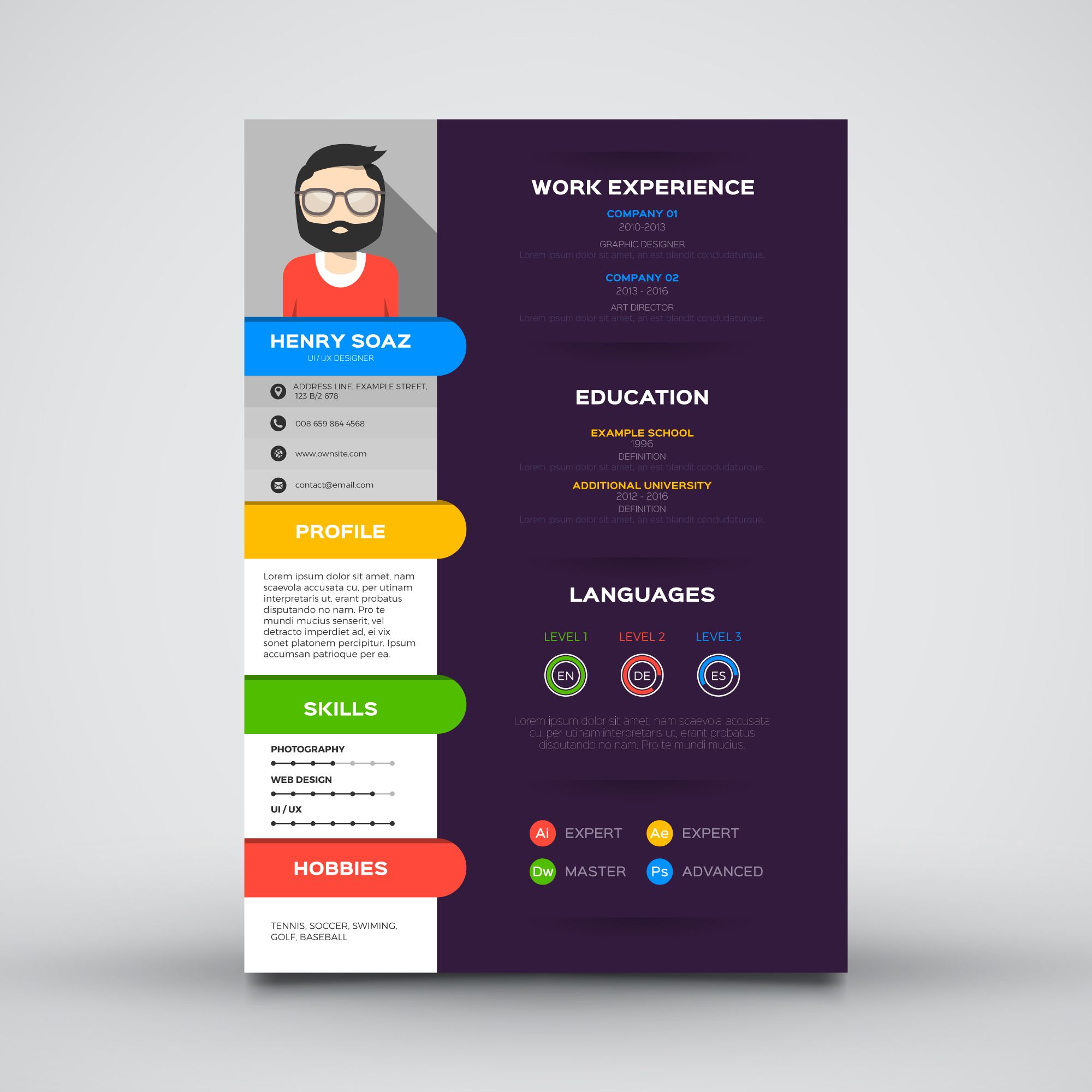Placement Tips V: How To Prep And Crack The Technical Interview
- Sarika Nerurkar
- June 28, 2018
- 0 Comments
- 0 Likes
- 1782 Views

Hey! Now you’re smiling. How’d the GD go?
Really well, ha? Well, you’re welcome.
Where are you running off to?
Hibernate? Uhm, when do you want to start prepping for the technical interview?
Oh God, I got you sweating again. Don’t worry, I’ve got it all covered.
Now sit down, and let's make a prep plan.
Technical interviews are scary, but with the right preparation, you’ll be geared up like Indiana Jones, ready to take on the next challenge. Whether you’ve been born to be a coder or you’re still growing into the role, nothing but practice will help you ace your technical interview. There are tonnes of books and websites (some of which we have linked in this article) that will help you practice and crack any questions thrown your way. So, start taking notes, pronto!
When companies come to hire for technical roles, their main focus is to find someone who is good at solving problems and will find different solutions for the same issue. You may be asked questions from your four years of engineering to writing codes or making diagrams. The prep for such an interview may seem quite simple. Revision, isn’t it? Well, we disagree. Most of the companies that come to hire for technical roles are looking for only a certain number of seats to fill. Does that mean only the creme-de-la-creme of the lot will make it through? Nope, it doesn’t have to be that way. With the right preparation strategy and mocks, you’ll be as ready to give it your best shot.
Let’s talk about your prep strategy.
The very first step is to assess and organize all of your information. Your interviewers will ask you questions right from your core subjects to practical case-based topics, and of course, solving a particular problem. For example, a telecom engineering student would be asked what is GSM, what are the different kinds of diodes (probably even make diagrams for the same) and to write a code for a seven segment display. So, your preparation should include revising your subjects (core especially) and also writing codes, making illustrations, etc. Your strategy then should be a mix of revision and taking mock interview tests. Let’s break this into two halves. Start off by revising your core subjects. This should be easier since you will have access to most of the information. Make sure you are thorough with the details of your core subjects and can reference cases and experiments to support your answer when required.
For the practical aspect of the interview, you’ll need to work slightly harder. Depending on your role, the company will bombard you with questions that require solutions. They aren’t looking for someone who gets the answers right in the very first go. They are mainly judging your problem-solving abilities, which is how you assess the problem, what are your steps, do you research or directly assume a conclusion, if you get stuck somewhere how fast are you to find an alternative solution, etc. These answers can’t be learned or revised and require you to practice as much as you can, so you can tackle any kind of problem asked.
To help you with this, here’s a list of a few websites that have mock interview questions and solutions, and some of them even give you a score.
LazyQuestions, IndiaBix, and LeetCode have an exhaustive list of questions with solutions for various roles and core subjects. There is a lot of information to dig into and this will also help you understand the pattern of follow up questions. LeetCode has great user interaction and you can also find different coding techniques to solve the same problem in the comments section.
Interview Bit is a fun learning website where you can understand and learn the solutions to technical problems with the help of a quiz life format. They also have fun contests that you can participate in and practice mock interview tests.
There is also a lot of information to be found on Quora and Glassdoor, especially if you’re looking for a particular company.
Read up about object-oriented programming, data structures, and algorithms, and have some familiarity with AI and blockchain since these are emerging technologies.
Now that you’re through with your prep strategy, let’s talk about D-day.
Technical interviews are serious business. Your interviewers will be focused on getting more data-driven answers and sought-after solutions rather than something off the top of your head. Always take some time to think about your answer and frame it in a structure that will help you put it across to the interviewer in the simplest form. If you don’t know the answer to something, politely let the interviewer know. Most interviewers will ask you about your interests and then question you deeper with respect to your answer. Make sure you are thorough with your interests and core subject. Don’t just say something to sound cool, you’ll definitely be questioned about it.
When you’re asked to write a code or come up with a solution to a particular case, don’t just put your head down and scribble. You need to interact with your interviewer (possibly walk them through the process). This will help them understand your thought process and what you’re doing. Also, you may or may not have a computer to write the code. Most of the companies will expect you to answer on a sheet of paper or whiteboard. Let this not throw you off, prepare writing codes on a paper or board while you’re practicing for the interview. You should also ask procedural questions if anything is unclear for example, whether you can assume a particular factor is in favour of the case. Lastly, ask questions, everyone loves a curious and enthusiastic employee, and this will help you understand the company and its team better. You can ask them about the company’s engineering team and the problems they’re tackling for their current products.
There you go, you’ve got it all to ace the technical interview. I’ll leave you to practice coding and revise your core subjects. We’ll meet next week for a quick read about your HR interview.
To read the Placement Tip IV: GD Do’s and Don’ts, click here.
Watch this space for more information every week on placement tips and you can also check out more informative and fun articles in the community section.
Sarika Nerurkar
Photographer | Writer
If I'm not at my table I'm either chatting up over fizzy drinks or climbing in the Himalayas.
START LEARNING
START LEARNING
START LEARNING
START LEARNING
START LEARNING
START LEARNING
START LEARNING
START LEARNING
-
![]()
How YouTube Paid For My Pocket Money
January 25, 2018
-
![]()
How I Pursued My Passion For Film-Making
January 26, 2018
-
![]()
15 Tips For a Great Engineering Resume
February 02, 2018



 ALL COURSES
ALL COURSES  COMMUNITY
COMMUNITY  LIVE CHATS
LIVE CHATS  EXPERTS
EXPERTS  MY CERTIFICATES
MY CERTIFICATES  ABOUT
ABOUT  SUPPORT
SUPPORT
Comments (0)
*Some Comments would not be shown if marked as Spam